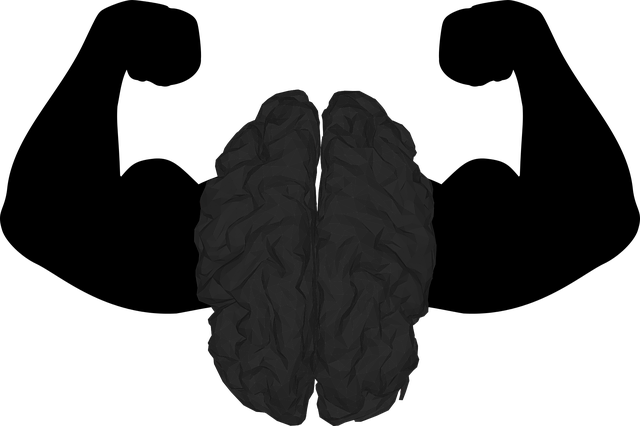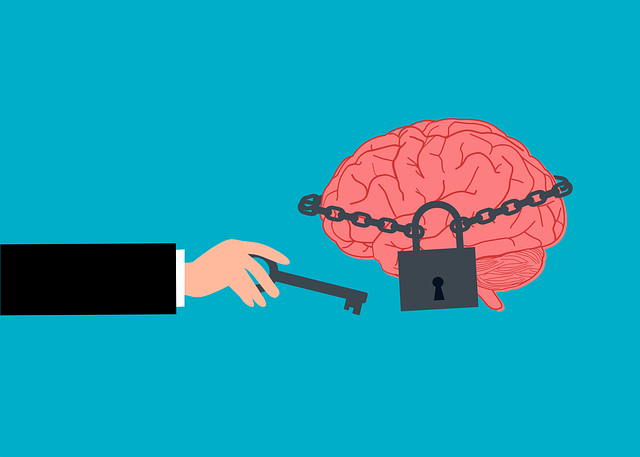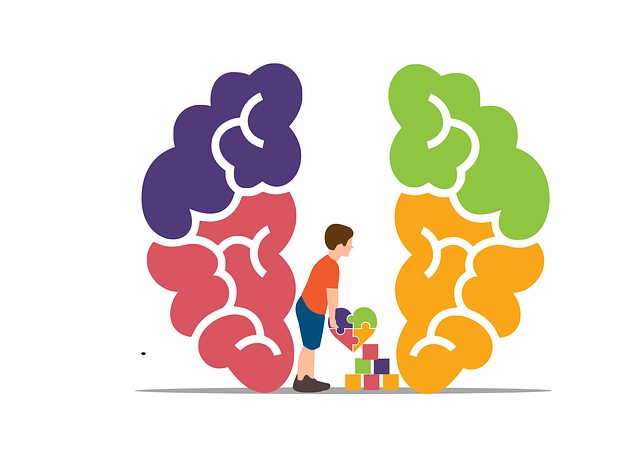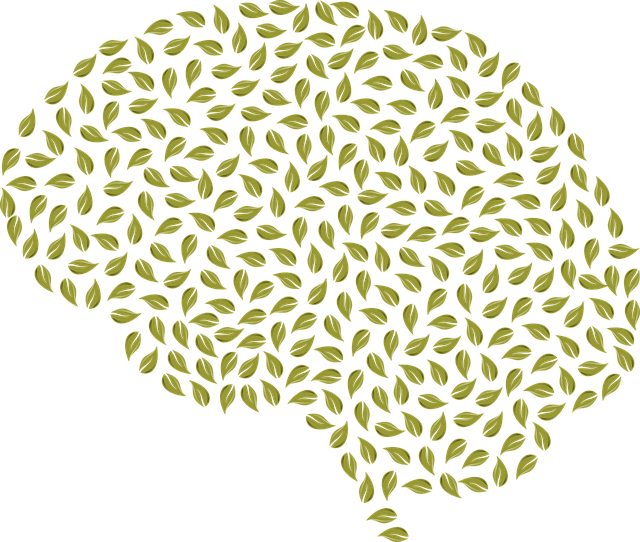In today's fast-paced world, mental wellness is crucial for overall health, especially for vulnerable populations like children affected by Northglenn Child Abuse Therapy (NCAT). Coaching programs fill this gap by offering personalized guidance, teaching tailored coping skills to manage stress and anxiety. Integrating therapeutic techniques with mental wellness journaling exercises proves transformative, fostering self-reflection and developing coping mechanisms. NCAT's expertise in trauma-informed care enhances these programs, creating safe environments for clients to explore emotions and build personalized self-care routines. Structured implementation, clear goals, regular check-ins, and best practices ensure positive outcomes, promoting resilience and healthy coping strategies through NCAT's community outreach initiatives.
Mental wellness coaching programs have emerged as vital tools in addressing the growing need for mental health support. This article explores the development of such programs, focusing on understanding the significance, designing tailored curricula for vulnerable populations, and integrating evidence-based practices like those offered by Northglenn Child Abuse Therapy. We delve into best practices for implementation and evaluation, highlighting successful strategies to enhance mental wellness coaching outcomes.
- Understanding the Need for Mental Wellness Coaching Programs
- Designing Effective Coaching Curricula for Vulnerable Populations
- The Role of Northglenn Child Abuse Therapy in Program Integration
- Implementing and Evaluating Success: Best Practices for Mental Wellness Coaching
Understanding the Need for Mental Wellness Coaching Programs

In today’s fast-paced world, mental wellness is an increasingly important aspect of overall health, especially for vulnerable populations like children who have experienced Northglenn Child Abuse Therapy. The demand for effective support systems has never been higher, and mental wellness coaching programs step into this gap by offering personalized guidance. These programs recognize that each individual has unique challenges and goals when it comes to their mental well-being. By providing coping skills development tailored to specific needs, coaches help clients navigate through stress, anxiety, and other emotional hurdles.
The benefits extend beyond immediate relief. Mood management techniques taught within these coaching sessions empower individuals to build resilience against potential triggers, preventing burnout from becoming a long-term issue. This proactive approach is crucial in fostering a healthy mindset, especially for children who have endured traumatic experiences. By investing in mental wellness coaching, communities like Northglenn can ensure that individuals not only recover but also thrive, leading to stronger, more resilient, and emotionally balanced individuals.
Designing Effective Coaching Curricula for Vulnerable Populations

When designing coaching curricula for vulnerable populations, such as those affected by Northglenn Child Abuse Therapy, it’s essential to approach the process with sensitivity and a deep understanding of their unique needs. These individuals often face complex trauma, making traditional coaching methods alone insufficient. A well-rounded curriculum that integrates both therapeutic techniques and mental wellness journaling exercises can be transformative. Journaling provides a safe space for self-reflection, allowing clients to process emotions and gain insights while building coping mechanisms.
Community outreach program implementation plays a crucial role in reaching these vulnerable groups. By partnering with local organizations and utilizing communication strategies tailored to their demographics, coaches can ensure the accessibility and effectiveness of their services. This holistic approach not only addresses immediate mental health concerns but also fosters long-term resilience, empowering individuals to navigate life’s challenges more effectively.
The Role of Northglenn Child Abuse Therapy in Program Integration

Northglenn Child Abuse Therapy plays a pivotal role in integrating specialized support within mental wellness coaching programs. With a deep understanding of trauma and its impact on individuals, this organization offers valuable expertise to enhance the effectiveness of coaching initiatives. Their approach focuses not only on addressing past abuse but also on fostering resilience and promoting healthy coping mechanisms. By incorporating elements of Northglenn Child Abuse Therapy into these programs, coaches can create safe spaces, encouraging clients to explore their emotions and develop personalized self-care routines for better mental health.
This integration ensures that participants gain insights into trauma-informed care, enabling them to navigate challenges more effectively. The organization’s community outreach program implementation has reached countless individuals, contributing to heightened Mental Health Awareness within the region. Through collaborative efforts, these coaching programs aim to break down barriers and empower people to take charge of their mental wellness, emphasizing the importance of Self-Care Routine Development for Better Mental Health.
Implementing and Evaluating Success: Best Practices for Mental Wellness Coaching

Implementing and evaluating the success of mental wellness coaching programs requires a structured approach to ensure positive outcomes for clients. Northglenn Child Abuse Therapy centers have recognized the value of these programs, integrating them into their services to holistically address various psychological needs. Firstly, clear goals and objectives should be set, aligning with the client’s aspirations. This involves collaborative goal-setting sessions between coaches and individuals or groups, fostering a sense of ownership and engagement. Regular, structured check-ins allow for progress tracking, where both parties can discuss achievements, challenges, and potential adjustments to stay on course.
Best practices emphasize the importance of tailored communication strategies and cultural sensitivity in mental healthcare practice. Coaches should employ active listening, empathy, and open dialogue to create a safe space for clients to express their thoughts and feelings. Incorporating techniques that enhance self-esteem improvement can significantly impact overall mental wellness. These may include positive affirmations, cognitive reframing, and skill-building exercises tailored to individual needs. Evaluations should be comprehensive, considering qualitative feedback through client narratives and quantitative data from standardized assessments to measure the program’s effectiveness.
Mental wellness coaching programs are evolving to meet the growing demand for accessible, tailored support. By integrating evidence-based practices and diverse curricula, such as those enhanced by the expertise of Northglenn Child Abuse Therapy, we can create impactful interventions for vulnerable populations. Effective implementation and ongoing evaluation are key to ensuring these programs thrive, offering hope and healing to those in need.














